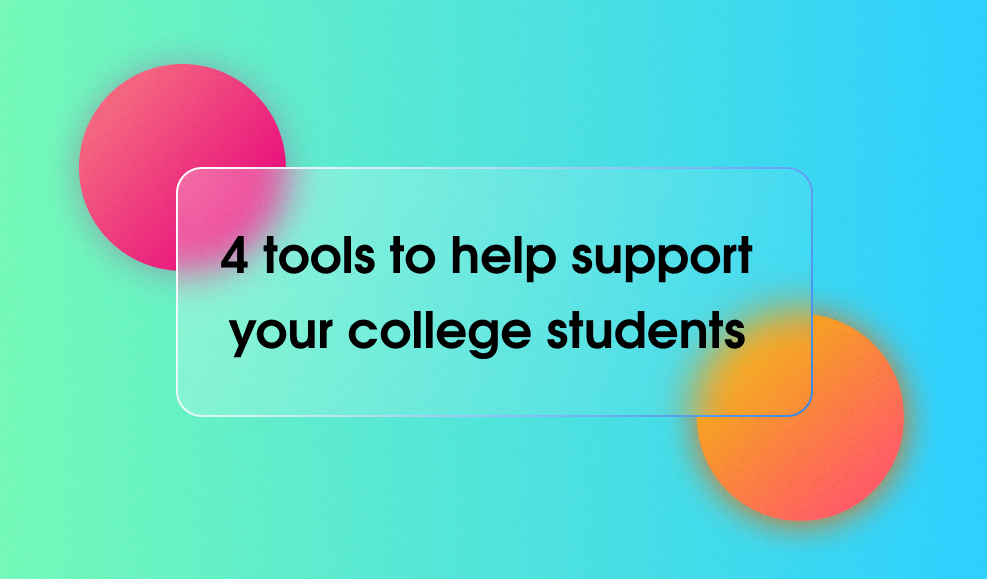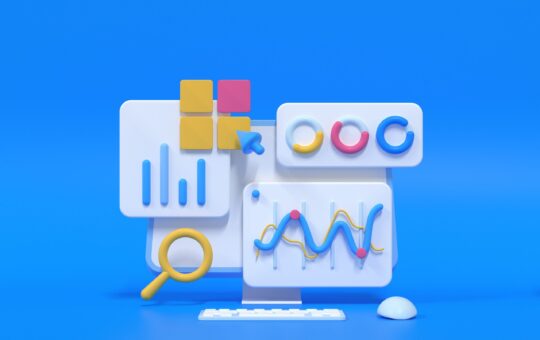How can higher education better support students into work post pandemic?
The world of Higher Education has shifted and changed dramatically since the COVID pandemic. The pace of change was forced by circumstance but it has caused a complete rethink by many HE institutions who are now considering how to harness the power of technology more efficiently to better support students through their learning journey and into employment.
There are multiple opportunities in the student experience to join the dots and create a holistic learning experience for young people that prepares them for the future. In the UK, currently the picture is patchy with some institutions now using technology simply to provide online lectures and webinars but little else and others really thinking about how technology can be best used to create a satisfactory programme for students that they benefit from when they leave.
So what can colleges usefully do to help students and encourage lifelong learning and employability skills as they transition from college and into the workplace? We know that some of the ideas below are already taking off in the US and also in a limited way in the UK but I hope and expect them to become the norm over the next 5 years.
4 tools to help students as they transition from college and into the workplace

1. ePortfolios
Harnessing the use of digital technology adopted during the pandemic and utilising the strong digital skills of the majority of students is a priority. In the UK, institutions like the University of Roehampton and University of Greenwich have adopted the concept of an ePortfolio that a student carries with them throughout their tenure. The idea is that the online portfolio can be added to automatically by both students and lecturers allowing the college to track and assess student progress but also allowing the student to feel empowered to add to their skills and encourage them to pursue additional learning and to take responsibility for progress, helping them plan for the future world of work. This can naturally progress into a broader digital CV and profile once students leave further or higher education.
2. Blockchain technology
In the US, these ePortfolios are increasingly using blockchain technology to provide a secure way to track student experiences and learning and also to store employer information post college. Blockchain works like a ledger, storing information on a global network that is publicly available and is secure and safe. It means that Universities do not have to develop their own databases to store information but can use blockchain technology which is stored centrally and cannot be altered, making the data always available and secure.
3. Experiential learning
This has not been picked up by many institutions in the UK but is growing rapidly as a concept across the US. We know that students value in-person experiences alongside some online learning, so Universities and colleges need to look at more hands-on experiential learning which is increasingly becoming part of the workplace as the jobs market shifts and changes. Students are put into real-life scenarios that reflect the world of work and asked to deal with the issues that arise accordingly. This gives them great insight into typical workplace scenarios and how their knowledge and use of technology can be used to help to provide solutions to real-world problems. Employers often indicate that students lack real-world experience and this is a great way to enable students to gain these skills and insights.
4. Remote learning
Alongside academic learning, there is a serious need for colleges to do more to help students learn the skills needed for employment post-higher education. There are some great schemes that connect employers to students via University or college and offer both long and short-term work placement stints sometimes remotely. This is still a neglected part of the student journey and colleges need to up their game and offer more online, interactive complementary courses in workplace skills like networking, interview practice and techniques, CV writing etc to help with the transition from learning to the workplace and provide anchors for students in terms of clarity and direction, post academic study.
The hybrid model is here to stay
As Universities and colleges see a wholesale return of students post pandemic, it is up to them to ensure that their curriculums are up-to-date and reflect the needs of the businesses, industries and environments that their students are going to work in. The hybrid model is here to stay and students are better off for it but colleges must take the best of online learning and support their students to build their digital skills, but also ensure that the campus experience is something that grows and helps them to navigate the future world of work.
In order to optimise the offering and overall success of what universities provide for students to maximise their experiences whilst studying and providing well for core employability skills, we’d advocate that organisations use service design principles to bring together and improve how the people, processes, data, systems and culture factors all interplay to establish sustainable services that really work.

